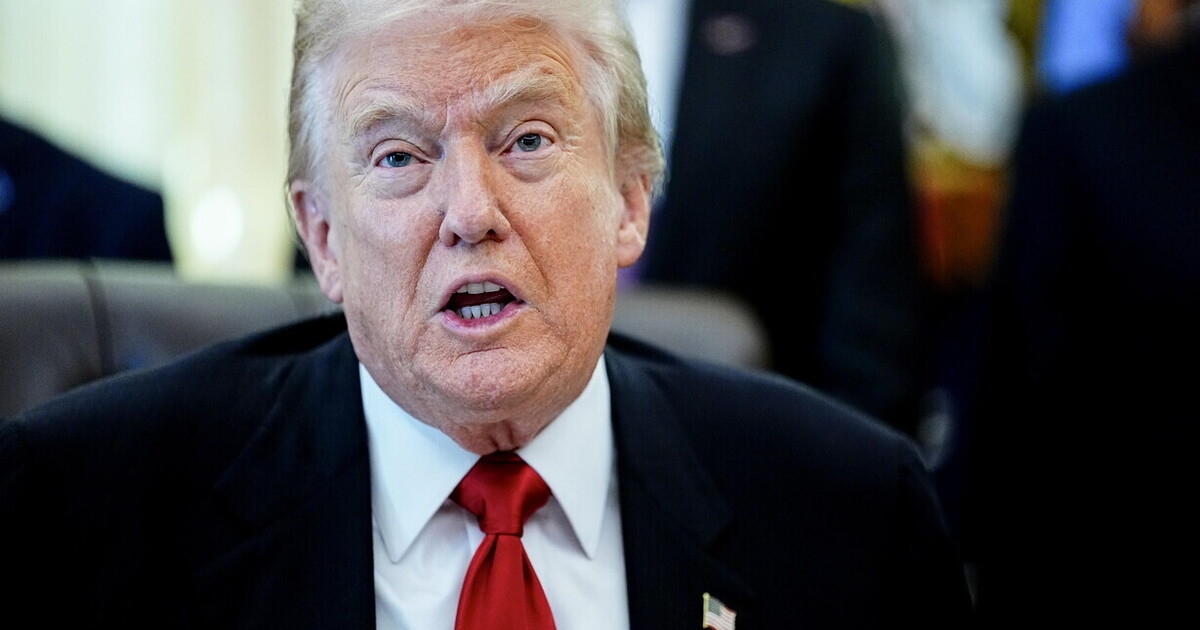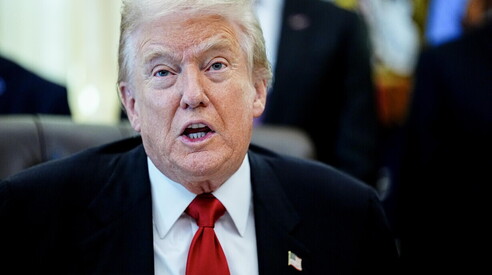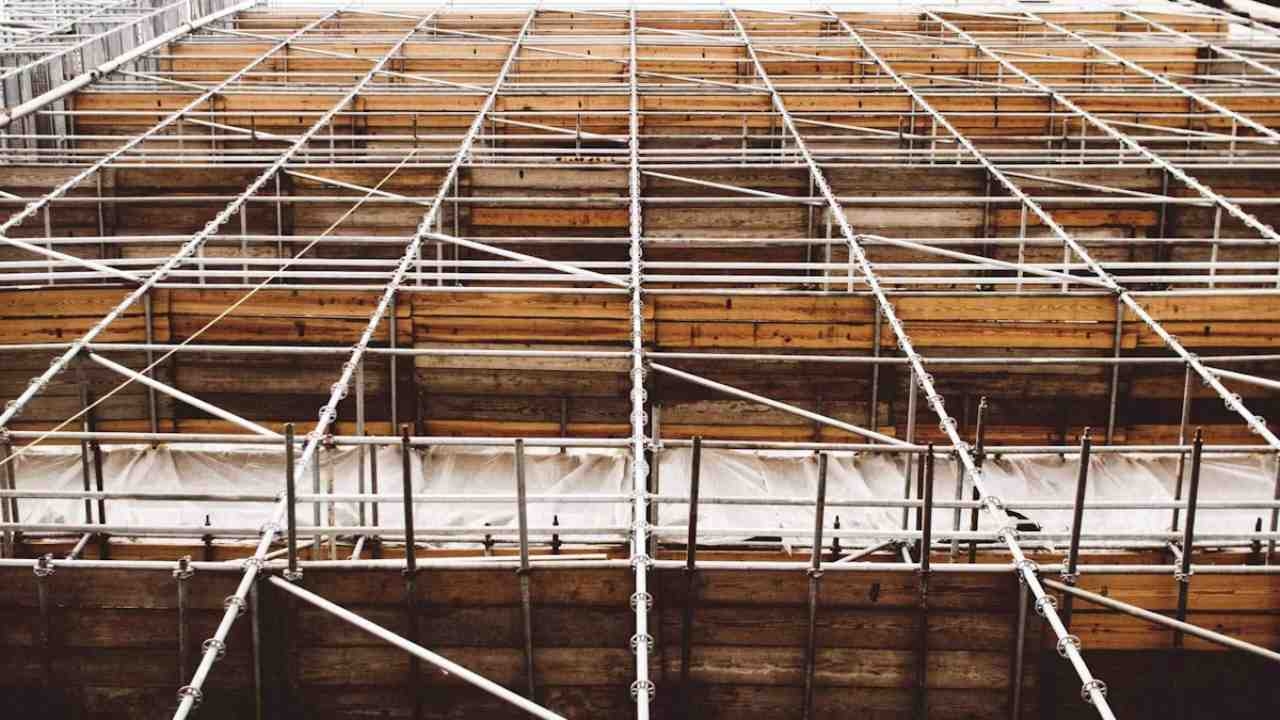The Supreme Court is not at all convinced that Trump's tariffs are constitutional


PHOTO Ansa
the hearing
The legality of the "reciprocal" tariffs imposed by the American president on most countries around the world was examined. A large majority of judges seemed unconvinced by the executive branch's position: the power to tax is an exclusive legislative competence.
On the same topic:
Milan . Speaking about the importance of the case currently before the Supreme Court, which is examining the legality of the "reciprocal" tariffs imposed by the Trump Administration on most countries around the world, the President of the United States stated that it is "a matter of life and death." The White House chief had also wanted to appear in person at Wednesday's hearing, but ultimately chose to send Commerce Secretary Howard Lutnick and Treasury Secretary Scott Bessent. After listening to questions from the nine mostly conservative justices (three appointed by Trump himself) to Deputy Attorney General Dean John Sauer, who was defending the White House, Georgetown professor Steve Vladeck told CNN that he believes the president has no more than a 20 percent chance of getting the justices to agree that his moves are constitutional. According to the U.S. Constitution, the power to levy taxes rests exclusively with Congress.
Trump, however, has asserted that he has the power to impose tariffs under a 1977 law , the International Emergency Economic Powers Act (IEEA), which gives the president the power to regulate international trade after declaring a national emergency. This provision has been used to impose embargoes and sanctions, most recently those Biden imposed on Russia for its invasion of Ukraine, but never for tariffs. According to Trump, the imbalance in the American trade balance was a national emergency, and for this reason he invoked the ability to impose tariffs to rebalance it. But he has been sued in two separate cases, both by a dozen states and by several small businesses, and now the Supreme Court will have to decide on the constitutionality of these moves. In an article in the Atlantic, Idrees Kahloon wrote that a Supreme Court ruling in Trump's favor would conflict with the so-called "Big Issues" doctrine , the idea that decisions of great economic and political importance should always be authorized by Congress.
The justices had used this interpretation to strike down the student debt cancellation imposed by the Biden administration , and during the hearing on the tariffs, Chief Justice John Roberts reaffirmed this principle to Sauer. The hearing lasted about three hours, and it appeared that a large majority of the justices were not convinced by the executive branch. In addition to the three progressive justices, known opponents of tariff policies, a majority of the conservatives also appeared to have embraced this line. Neil Gorsuch, a Trump appointee, explicitly cited the separation of powers, stressed that the power to tax is the exclusive prerogative of the legislature, and spoke of an "enhancement of executive power relative to legislative power."
These aren't the words Trump would have wanted to hear, as his lawyers insist that tariffs aren't taxes, but merely trade regulations that only tangentially generate revenue for the state coffers. This defense seems at odds with Trump's own social media posts, where he has consistently raved about the revenue the tariffs generated for the federal government. In addition to Gorsuch and Roberts, Amy Coney Barrett, another Trump-appointed judge disliked by conservatives for having already voted against the president in an immigration case, also seemed reluctant to approve of the executive branch's moves, arguing that the 1977 law doesn't specifically mention the possibility of imposing tariffs, and that no president before him has ever used it for this purpose.
After the hearing, Vladeck wrote on CNN's website that, based on the way the justices asked Sauer questions and their statements, it appears they are headed toward a 6-3 rejection of Trump's position. This would be a major defeat, especially since it would come from some of the very justices appointed by the president to serve, and it poses the risk of billions of dollars in government reimbursements to companies affected by the tariffs. The Supreme Court has a long timeline, and a final decision doesn't appear expected before next year. Meanwhile, White House spokeswoman Karoline Leavitt stated that "a Plan B is already being prepared."
More on these topics:
ilmanifesto





